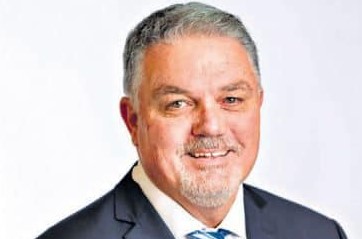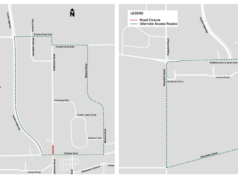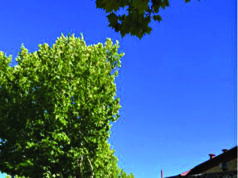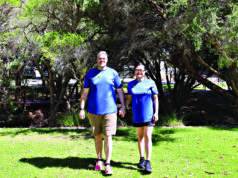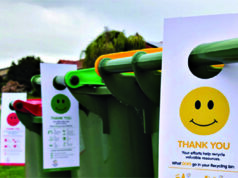There is a community in this country more diverse than most realise—made up of Australians of every nationality, religion, and background.
They are our farmers and pastoralists, the quiet backbone of this nation, who toil in isolated corners to feed 100 per cent of us, yet make up only two per cent of the population. And right now, they are being driven to extinction.
These are not dramatic words.
Western Australia’s own government has tried to hand over agricultural land use rights from these producers to others, offering millions in compensation—but not to the farmers who built the land’s value through generations of sweat and resilience.
The government limited their political voice, shrinking already meagre representation.
Meanwhile, the federal government legislates to clear the way for big corporations to buy them out and remove them from the very land they live on—land that produces the food we eat every day.
Look at other examples worldwide: rural communities in India displaced for mining, American smallholders squeezed by agribusiness monopolies, African farmers evicted for foreign-owned plantations.
The script is the same here: a handful of powerful interests want control of the land, and governments do their bidding.
Some of these Australian farming communities today endure conditions that would shock anyone—like living without reliable water or electricity, more reminiscent of a developing country than the prosperous nation we pretend to be. Yet the government finds endless funds for wealthy urban projects while ignoring those who put food on every supermarket shelf.

What makes this worse is how few Australians realise the risk. If our farmers and pastoralists collapse under the weight of government indifference and corporate greed, we all pay the price.
Imported food means less control over quality, biosecurity risks, and rising costs. It means handing our food sovereignty to foreign interests. And if governments and big business can destroy these two per cent —the lifeblood of our agriculture—who will they target next when profit demands it?
This is not a fringe conspiracy; it is the lived reality of thousands of Australians who feed us. They have almost no voice, no power, and no place at decision-making tables. They are treated as expendable. Yet without them, our cities starve.
It’s time we all shouted that this is wrong.
That our farmers and pastoralists deserve more than token words—they need protection, representation, and policies that ensure they can keep growing food sustainably for generations to come.
Because once they’re gone, no amount of government spin will bring them back, and no amount of corporate money will rebuild the soul of this nation.
This is a call to every Australian: stand up for the two per cent who feed us all before it’s too late.


